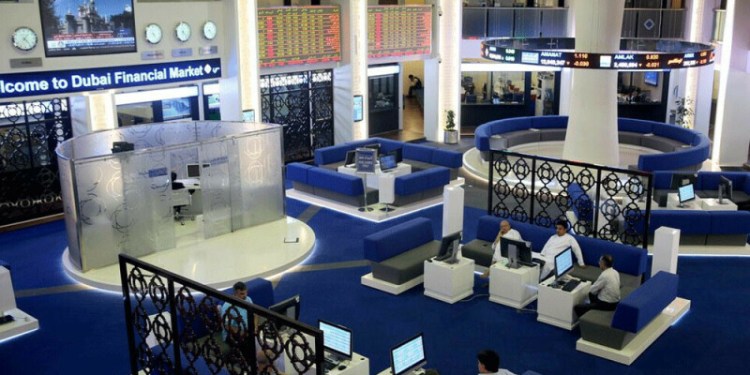LONDON: Oil prices fell on Friday after US President Donald Trump’s threat of new tariffs on China reignited fears of a trade war between the world’s two biggest economies.
President Trump said on Thursday he had ordered US trade officials to consider tariffs on $100 billion more of imports from China, escalating tensions with Beijing.
Brent crude for June delivery was down 36 cents, or 0.53 percent, at $67.97 per barrel at 0807 GMT.
US West Texas Intermediate crude for May delivery was down 35 cents, or 0.55 percent, at 63.19 a barrel.
Both are headed for their biggest weekly fall since early March.
“It is obvious that this stand-off between the United States (and) China is quite serious and navigating these waters will be tricky for traders,” JBC said in a note.
“Any meaningful change to the perception regarding future trade issues will most likely trump the potential effects of short-term variations to oil fundamentals.”
But some oil market watchers do not expect to see steep falls because of signs of tightening supplies.
“We view the oil market as the best sector in which to wait out the volatility,” analysts at ANZ bank said in a note. “Supply-side issues amid a backdrop of falling inventories should override any concern over weaker economic growth.”
The Energy Information Administration (EIA) reported a 4.6 million-barrel draw in US crude inventories last week, compared with analysts’ expectations for an increase of 246,000 barrels, providing some support to prices.
Meanwhile, Asian oil traders were struggling to understand how Saudi Arabia derived its official selling prices for May after it unexpectedly raised the price for its flagship Arab Light crude sold to Asian refiners.
The Organization of the Petroleum Exporting Countries (OPEC) and some non-OPEC producers including Russia are committed to cutting output by around 1.8 million barrels per day through the end of 2018 in a bid to clear a global overhang and support prices.
Saudi Arabia, the de facto leader of the oil cartel, has said production cuts could be extended in one form or another.
OPEC and its allies should keep the cuts to ensure healthy price levels as a way to boost investment in the industry and avoid a supply and price shock in the long run, Qatar’s Energy Minister said.
Shanghai crude futures trading will resume on Monday after public holidays in China.
Source: Brecorder


























